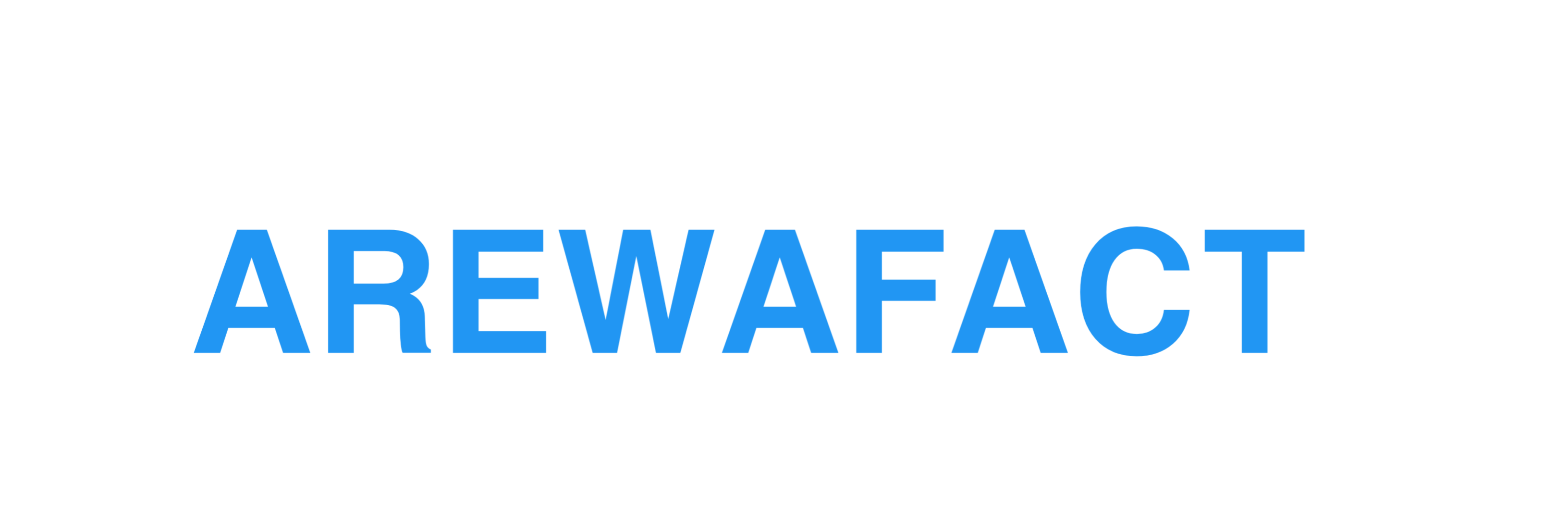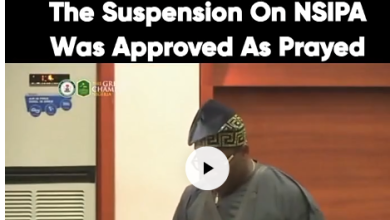Latest News Today 10th May 2024 On conditional cash transfer scheme according to World bank Tinubu

Latest News Today 10th May 2024 On conditional cash transfer scheme according to World bank Tinubu
World Bank found that the cash transfer program had little effect on households.
According to the World Bank, the Federal Government’s conditional cash transfer program did not affect the employment, financial inclusion, or household spending of its recipients. It was also observed that the program had little effect on the employment of women.
This is true even though the country was granted a loan by an international lender that funded a sizable portion of the cash distribution program. These conclusions were made public in a fresh study that was uploaded to the World Bank website on Wednesday.
Read Also 👉50k Grant News Today May 2024: New Form Distribution
A national social safety net program was introduced in 2016 by the Federal Government and the World Bank. The National Social Safety Nets initiative is in charge of carrying out the initiative.
As part of its N500 billion social intervention package, the government intended to provide N5,000 to one million Nigerians at the time of launch. President Muhammadu Buhari’s administration continued the program in addition to others in the next years.
However, due to concerns about trustworthiness, President Bola Tinubu rejected the social intervention register through the National Economic Council as soon as he took office.
However, once the gasoline subsidy was removed, the government managed to acquire an an800 million World Bank facility that would be distributed as cash transfers to the neediest Nigerians.
However, the Bretton Woods Institute claimed in the most recent statement that there was insufficient statistical proof to support the program’s encouragement of financial inclusion.
However, to produce long-term increases in households’ self-sufficiency, it suggested combining the cash transfer program with a complementary livelihood assistance intervention.
“However, we do not find any statistically significant effects on overall household consumption or caregivers’ employment and financial inclusion,” the document stated in part, “in contrast to these strong positive impacts.”
“However, the modest effects on women’s employment and household consumption imply that there is still room for a supplemental livelihood support intervention to produce long-term gains in households’ self-sufficiency.”
The bank highlighted some good outcomes, including increased household savings and food security as well as better access to farms and livestock, notwithstanding the difficulties encountered with the cash transfer program.
According to the survey, beneficiary households were also inclined to stop spending their income specifically for household consumption. In addition, program participants reported increased decision-making autonomy and mobility independence.
“We also find improvements in caregivers’ self-reported happiness, autonomy in making financial decisions, and mobility,” the paper said. “The longer households receive cash transfers, the more likely they are to save and move away from using the cash for household consumption exclusively.”
The FG’s social intervention programs will soon begin, according to Wale Edun, the minister of finance and coordination minister of the economy.
This was mentioned by Edun in the Federal Account Allocation Committee meeting minutes from March 2024 that our correspondent was able to get.
The minister additionally verified that the recipients’ biometric verification process was complete.
“The government’s social intervention programs would soon resume after the beneficiaries’ biometric verification was completed,” he stated.
After Dr. Beta Edu, the Minister of Humanitarian Affairs, was suspended due to corruption charges, the Social Intervention Program’s operation was scrutinized closely by the public.







